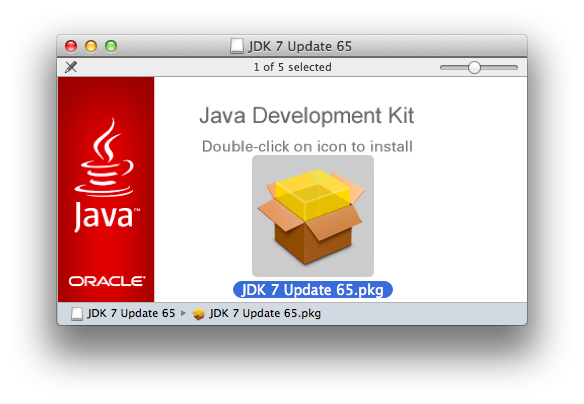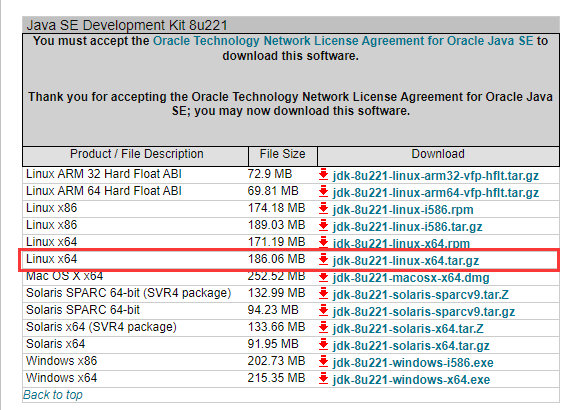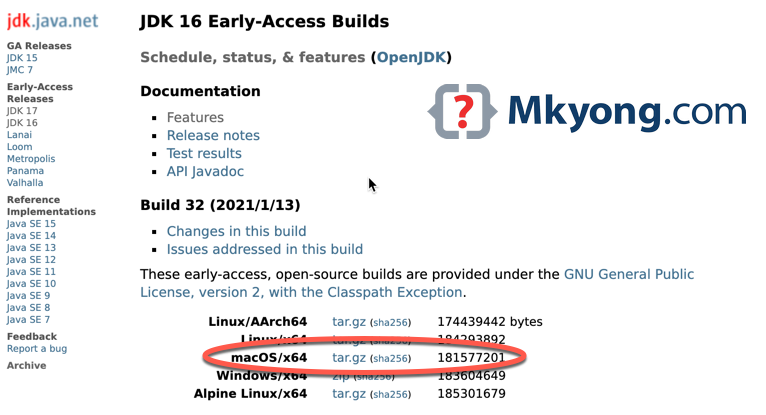
When you install the Java Development Kit (JDK), the associated Java Runtime Environment (JRE) is installed at the same time. To install a lower version of the JRE, first uninstall the current version as described in 'Uninstalling the JRE'. The one exception is that the system will not replace the current JRE with a lower version. Installing the JDK also installs the JRE. You cannot install Java for a single user. Note that installing the JDK on OS X is performed on a system wide basis, for all users, and administrator privileges are required. Observe the following requirements: Macos Jdk 14Īny Intel-based computer running OS X 10.8 (Mountain Lion) or later.

See 'OS X Platform Install FAQ' for general information about installing JDK 8 on OS X. See 'JDK 8 and JRE 8 Installation Start Here' for general information about installing JDK 8 and JRE 8.
Jdk for osx download how to#
This page describes how to install and uninstall JDK 8 for OS X computers.

Older releases, which do not include the most up to date security. As far as I can tell, none of the current answers do that (.). This answer is an attempt to address: how to control java version system-wide (not just in currently running shell) when several versions of JDK are installed for development purposes on macOS El Capitan or newer (Sierra, High Sierra, Mojave). For Certified System Configurations of other versions of the JDK and Java Mission Control visit.

Refer to the Supported Locales document for a list of supported locales and supported writing systems for each platform. Oracle JDK 11 Certified System Configurations. Oracle's OpenJDK JDK binaries for Windows, macOS, and Linux are available on release-specific pages of as.tar.gz or.zip archives. How to download and install prebuilt OpenJDK packages JDK 9 & Later.


 0 kommentar(er)
0 kommentar(er)
